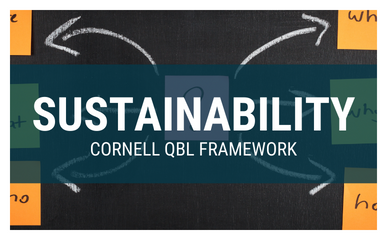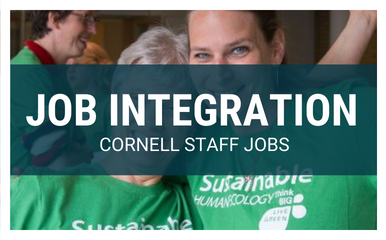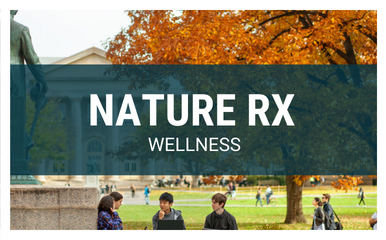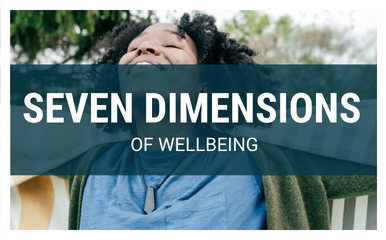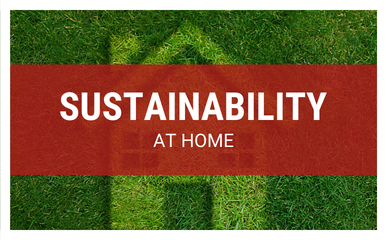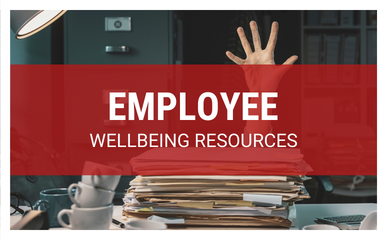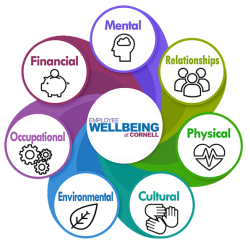Human Wellbeing
Human health, happiness, and wellbeing are a part of our sustainability approach at Cornell. The "7 Dimensions of Wellbeing" represents our holistic approach to supporting physical and mental health, environmental, financial, occupational, and cultural wellbeing, and relationships at home, work, and in the community. These dimensions are interdependent and ever-changing.
Take Action on Campus
• Spend time in nature to boost your mental health
• Take work breaks and prioritize your personal wellbeing
• Exercise at one of the many Cornell facilities on campus
Sustainable Cornell Human Wellbeing Initiatives
Cornell strives to establish a radically inclusive campus for all needs and all people. With "people" as a quadrant of our Quadruple Bottom Line, Cornell is committed to making decisions and providing resources that protect human health and wellness.
Participate in Campus Programs
From reducing energy waste to purchasing more sustainable and environmentally friendly products, individuals can make a difference. Looking to live more sustainably? See what tips you can use to protect the biosphere and your personal health.
Quick Facts about Cornell Human Wellbeing Sustainability
- The Cornell Sustainability Framework, or "Quadruple Bottom Line Sustainability," includes people as one of the four quadrants of consideration for projects. "Does this project or resource benefit the wellbeing, equity, and longevity of people?" is a question that can be applied to operational decision-making at all levels.
- Cornell SIPS Professor Don Rakow has found a strong, positive correlation between time in nature and mental health. Check out Ithaca Trails to see all of the hiking and walking paths in the area.
- Cornell students from the Design Connect team created a "TCAT to Trails" map identifying bus routes that lead to different parks within the Ithaca area.
- Thanks to a receding glacier, Ithaca is home to over 150 waterfalls in a 10-mile radius. All students are required to take a gorge safety module before freshmen year. Visit the "gorges" landscape safely!
Additional Information
added environmental health to ensure all human wellbeing needs are addressed.
Seven Dimensions of Wellbeing
At Cornell, we recognize the importance of fostering an environment where individuals can prosper in every area of their lives. In 2018 Cornell launched a comprehensive framework for approaching wellbeing and human health.
The Seven Dimensions of Wellbeing include Mental Health, Relationships, Physical Wellbeing, Cultural Support, Environmental Wellbeing, Occupational Success, and Financial Health. We strive to fully satisfy each dimension of human wellbeing through campus-wide collaboration, student and staff/faculty engagement, and education and training.
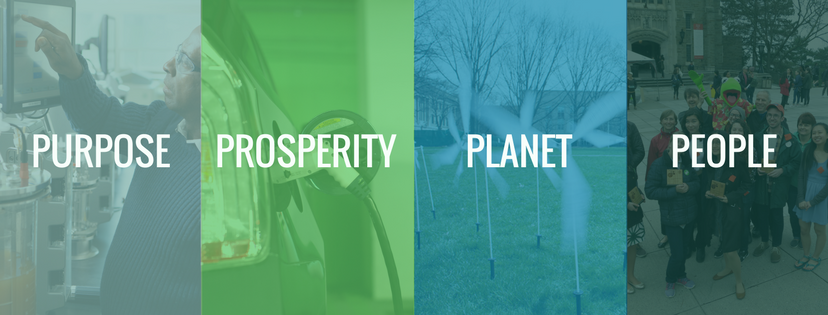 Human Wellbeing in the Cornell University Sustainability Framework
Human Wellbeing in the Cornell University Sustainability Framework
Cornell's Quadruple Bottom Line Sustainability Framework embeds human wellbeing — people — as a critical element of sustainability decision-making at all campus levels. All of the Seven Dimensions of Wellbeing are considered as part of this framework.
The four-part framework allows senior staff, project managers, and employees at all levels of the University to consider sustainability in business decision-making. The framework allows projects or decisions to be evaluated for their ability to maximize or improve the mental, physical, and emotional needs of people on campus, in our community, and around the world as one of four areas of consideration.

